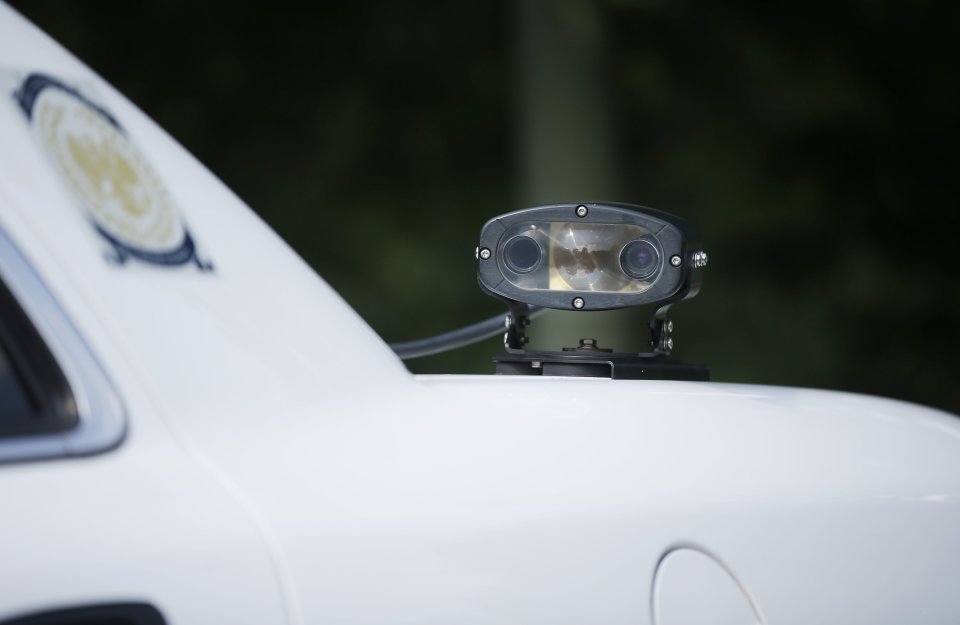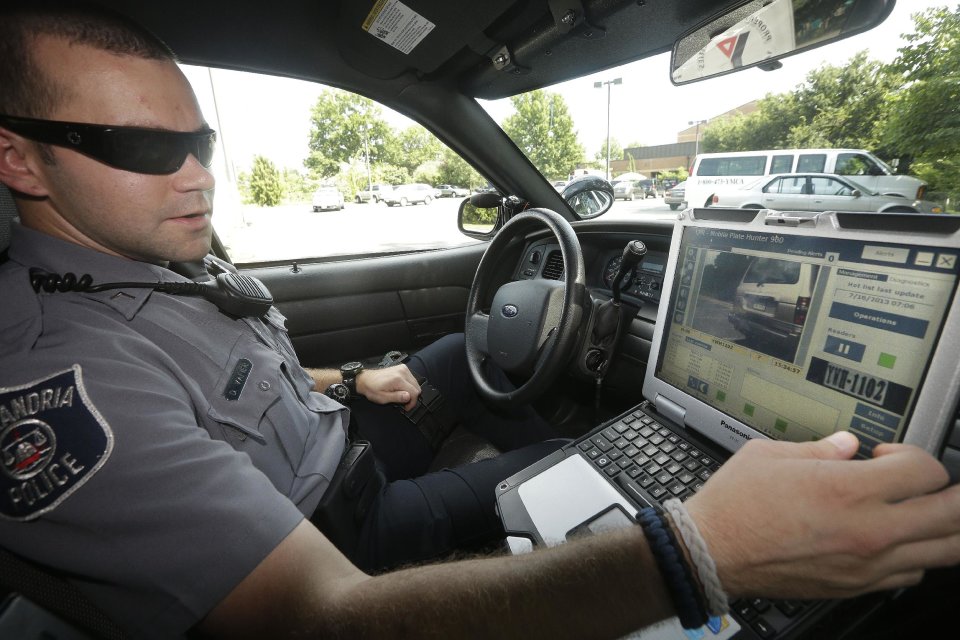
"There's just a fundamental question of whether we're going to live in a society where these dragnet surveillance systems become routine," said Catherine Crump, a staff attorney with the ACLU. The civil rights group is proposing that police departments immediately delete any records of cars not linked to a crime.
Police Spokespeople uniformly defend such intrusive Big Brother, with a variation on the old, worn out, "If you aren't doing anything WRONG, you haven't got anything to worry about," line.
"There's no expectation of privacy" for a vehicle driving on a public road or parked in a public place, said Lt. Bill Hedgpeth, a spokesman for the Mesquite Police Department in Texas, which has records stretching back to 2008, although the city plans next month to begin deleting files older than two years. "It's just a vehicle. It's just a license plate."
In Yonkers, N.Y., just north of the Bronx, police said retaining the information indefinitely helps detectives solve future crimes. In a statement, the department said it uses license plate readers as a "reactive investigative tool" that is only accessed if detectives are looking for a particular vehicle in connection to a crime.
As is almost always the truth, these privacy breeches bring little more than nuisance issues, like expired license plates, to the attention of law enforcement, nothing that even remotely justifies the obscene expenditure and intrusion in to people's lives.
The ACLU study, based on 26,000 pages of responses from 293 police departments and state agencies across the country, also found that license plate scanners produced a small fraction of "hits," or alerts to police that a suspicious vehicle has been found. In Maryland, for example, the state reported reading about 29 million plates between January and May of last year. Of that amount, about 60,000 — or roughly 1 in every 500 license plates — were suspicious. The No. 1 crime? A suspended or revoked registration, or a violation of the state's emissions inspection program accounted for 97 percent of all alerts.


No comments:
Post a Comment